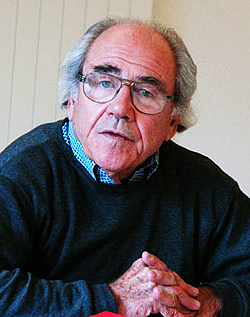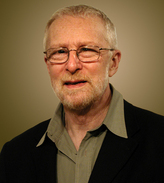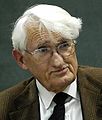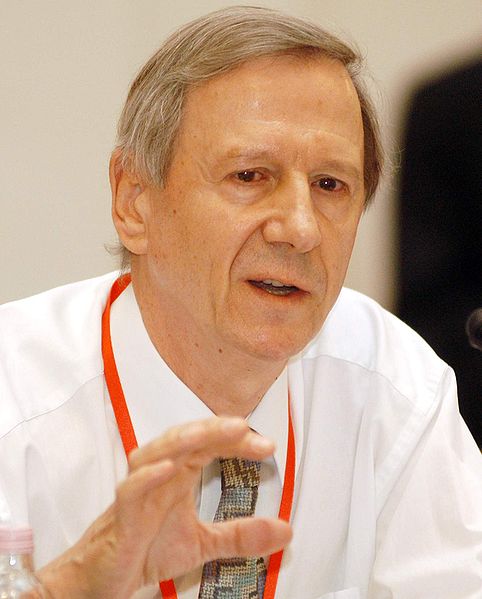Context for Information and Knowledge Management (2)
 |
 |
 |
 |
Many social thinkers are trying to understand and explain the world in which we live. These thinkers and theories with which they are associated, range across disciplines such as sociology, philosophy, economics and geography, and are at the centre of contemporary debates in social science.
According to Webster (2002), towards one wing we may position those who proclaim a new sort of society has emerged from the old. Drawn to this side are theorists of:
- post-industrialism (Daniel Bell and his followers);
- postmodernism (e.g. Jean Baudrillard, Mark Poster);
- flexible specialization (e.g. Michael Piore and Charles Sabel, Larry Hirschhorn);
- the informational mode of development (Manuel Castells).
On the other side are writers who place emphasis on continuities:
- neo-Marxism (e.g. Herbert Schiller);
- Regulation Theory (e.g. Michel Aglietta, Alain Lipietz);
- flexible accumulation (David Harvey);
- reflexive modernization (Anthony Giddens);
- the public sphere (Jürgen Habermas, Nicholas Garnham) (Webster, 2002, p.6).
|
Sources for pictures: |
Licensed under the Creative Commons Attribution Non-commercial No Derivatives 3.0 License